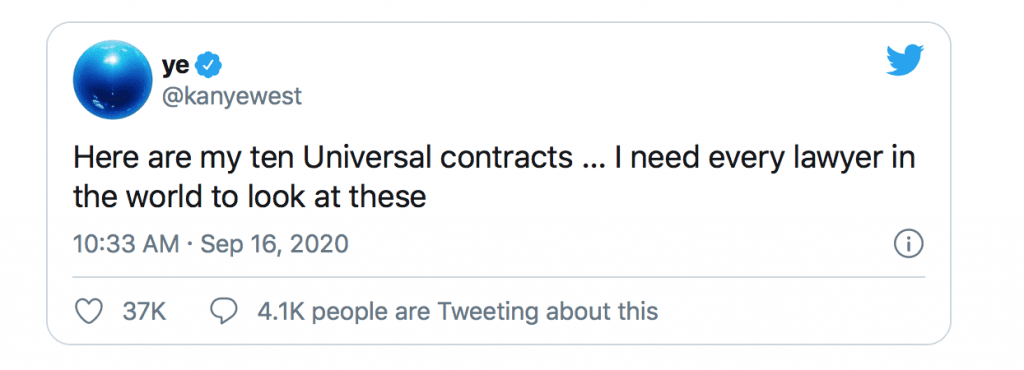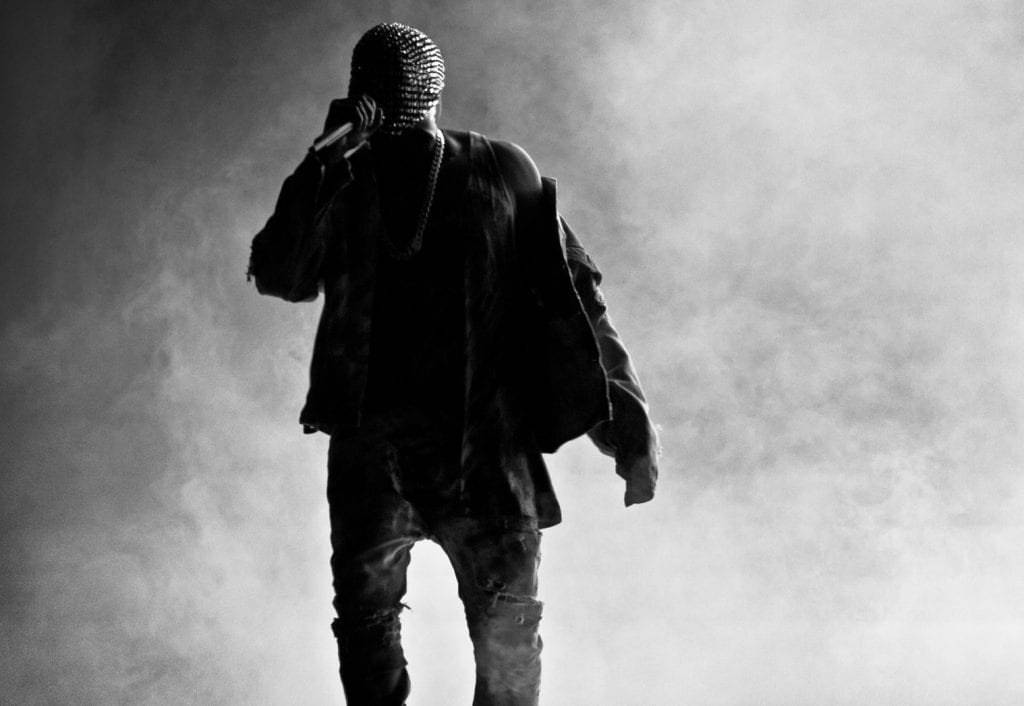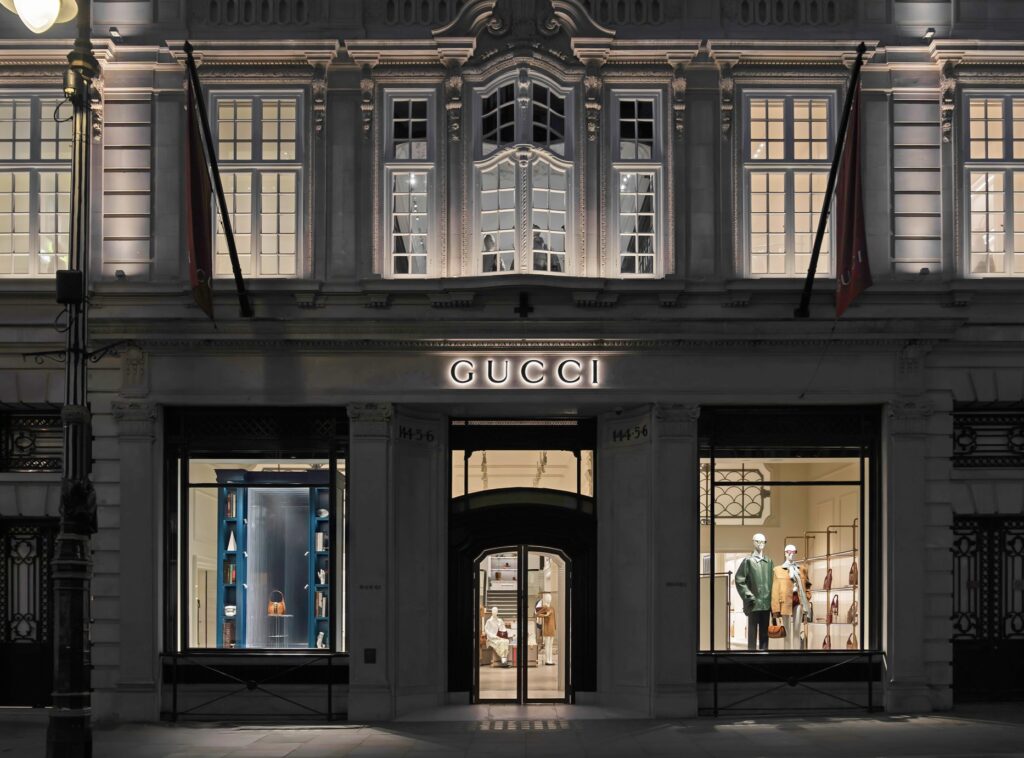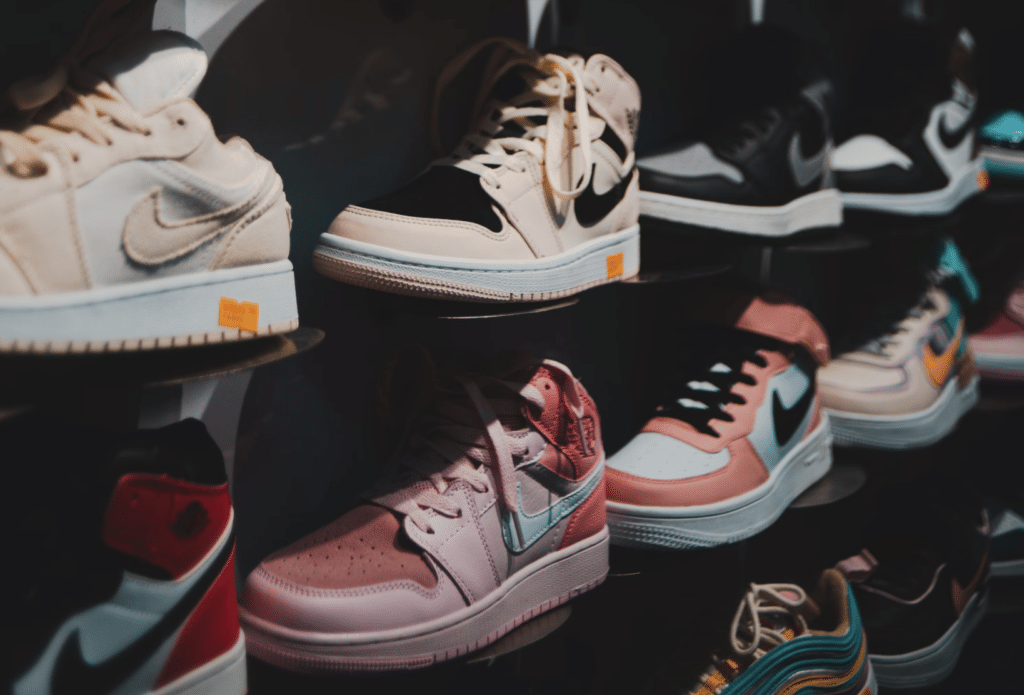Kanye West started a string of tweets on Wednesday by saying that he “need[s] every lawyer in the world to look at these.” “These” were more than one hundred images from ten different contracts between Kanye – via his Rock The World, LLC entity – and his record label, Roc-A-Fella Records, which falls under the umbrella of Island Def Jam Music Group, one of the frontline labels of the Universal Music Group (other Universal frontline labels include Capitol Records and Republic Records).
More precisely, over a span of two hours, Kanye tweeted out to his 30.9 million Twitter followers images of a 2005 recording agreement (which amended and replaced his 2002 recording agreement), an array of amendments to that 2005 recording agreement that resulted from various renegotiations that took place between 2011 and 2014, and a memo drafted by his counsel at Quinn Emanuel, a premier litigation firm, summarizing an entirely separate deal with Universal that established his G.O.O.D. Music imprint label, and to which artists such as John Legend, Kid Cudi and Big Sean, are signed.
Now that the dust has settled on Kanye’s initial contract-centric Twitter frenzy, it is worth taking a look at what the documents actually set out, especially in light of growing speculation about what is – or better yet, is not – included in a “normal” record deal, both in 2020 and in 2005, for instance, when West signed off on an amendment to his initial deal after his debut album, College Dropout, and thereafter, in 2012, when he renegotiated his deal to include what can reasonably be described as “super star” terms, even by 2020 standards.
According to an attorney at a major label (which is not affiliated with Universal), who spoke on the condition of anonymity, a few key – and recurring – concepts emerge in the 100-plus pages of legalese that Kanye shared this week. Primary among them: the deals that he and his high-paid, high-powered team – which includes a number of heavily sought after industry law firms and legendary artist advocates – negotiated are hardly as bad or as predatory as the oft-controversial musician seems to suggest. And that is arguably true even by 2020 standards.
Save for what could be considered objectively low royalty rates for a few of his earlier albums (a 14 percent royalty rate for College Dropout, for instance, is arguably low even for a 2005 deal), the terms that Kanye is subject to are, in many cases, striking – in a good way – compared to what other labels were offering their artists at the time (and even what they are being offered today).
So, if his deals are all entirely above-board and in many respects, come with “super star” level terms even when compared to major artists’ deals in 2020, why did Kanye go on an impassioned 2-hour Twitter rant?

Based on the documents that he released (and it is important to note that those are all we have to go by here; there could be more agreements), it appears that Kanye is upset that the stunningly good terms that surround his more recent albums have not been retroactively applied to his earlier ones. In other words, he is likely angry that he is stuck in typical royalty deals for his 1st through 5th album when albums 6 through 10 are subject to much better conditions. But, even if we accept this as a reasonable premise, the extraordinary cash advances he was paid for these early albums (after their success) make it difficult to fully understand his ire.
Let us look at the documents in a bit more detail. The 2005 agreement – the one that replaced his original 2002 agreement – included a $2.8 million dollar advance, which is high even for 2005 standards. (Consider that the music industry had just bottomed out due, in part, to a massive influx of piracy due to the likes of Napster, etc.). The payday was clearly linked to the huge success of his first album, College Dropout, and it seems that Universal ponied up and compensated him for that success to the tune of $2.8 million dollars.
The next documents that West released are from 2012 and 2013, wherein he signed off on a handful of prospective amendments to his recording agreement, among them were those that established the terms of his 6th through 10th albums – or what we now know was Yeezy, The Life of Pablo, Ye, Jesus is King, and the not-yet-released Donda.
As a result of those amendments, Kanye is either being paid 50 or 100 percent of the profits minus a distribution fee (depending on whether the deal is a so-called “profit split” or a “pressing and distribution a/k/a P&D”). Even more surprising, though, is that despite his rantings about wanting to own his masters, in fact, Kanye actually does own the master recordings on his last five albums, either outright (as in the case of the P&D deals) or by way of a reversion of rights (for the profit split deals) after a certain period of time in the not-too-distant future.
The amended terms for the 6th through 10th albums represent a very serious step up from his original royalty deal. In a royalty deal, after certain costs are paid, an artist only gets a small percentage of the revenue from exploitations of those albums. For Kanye, those percentages have ranged from 14 percent to 18 percent. As noted above, while a 14 percent royalty is low, even for 2005, an 18 percent royalty is entirely typical for an artist’s first few albums, even by 2020 industry standards.
Further, the 2012 amendment that renegotiated the terms for his 6th and 7th albums (including changing them to profit splits), included a whopping $12 million dollar recording fund, $8 million of which was paid to Kanye as an in-pocket advance on signing.
On the very same day, he signed a second amendment extending his deal for an eighth and ninth album, which were on a P&D basis (read: 100 percent of the profits are paid through to Kanye, minus a distribution fee), and included an additional $3 million dollar in-pocket advance.
So, in May of 2012, Universal: (1) paid Kanye an $11 million dollars in-pocket advance, (2) converted his 6th and 7th albums to profit splits (where he gets 50 percent of the profits), (3) added an 8th and 9th album on a P&D basis (where he gets 100 percent of the profits), and (4) agreed that Kanye could own all of the masters on all those albums after a certain amount of time.
Against this background, it seems reasonable to extrapolate that Kanye’s Twitter-displayed anger is being born from the fact that the extraordinary economics of his later albums are not being applied to his early ones, which is, of course, not exactly how record labels do business, especially given that they inevitably take on 100 percent of the risk when signing a new, unproven artist, which is what Kanye was in 2002 when he signed his first major record contract. (It is worth remembering that even if things go belly-up with an artist, advances paid from record labels to their artists are not returnable – that is, the advances do not act as debt. In short: if the artist flops and the label drops the artist without ever making its money back, the artist can just walk away, advance in hand).
Could Universal afford to convert Kanye’s early albums from royalty-based deals to profit-splits or P&D deals … probably (there are not really any more ongoing costs associated with “Graduation,” for example. So, it is just a matter of splitting up the money that comes in). But what is hard to understand about Kanye’s anger is that he already had a shot at renegotiating these early deals, and it seems that he – and his highly sophisticated team of advocates – agreed in arms-length transactions to keep the early album economics in exchange for tens of millions of dollars and very-preferable terms for his prospective albums, which, even by 2020 standards, are extremely artist-friendly.
To avoid a dry, deep-dive into the 100-plus documents that Kanye posted on Twitter, a move that could land him on the receiving end of a lawsuit if there are confidentiality provisions buried in the documentation, it is safe to say that the situation is not accurately summed up as a case against predatory contract terms. Case in point: Kanye has a profit split deal with Universal for his G.O.O.D. Music label, which means he very likely cannot then offer profit splits to his G.O.O.D. Music artists. (Read: he is almost certainly applying some of the same royalty and ownership terms he is complaining about to his own label artists).
Instead, this appears to be a matter that – for better or worse – reflects the natural arc of a musician’s career, and the benefits and bargaining power that come along with it.
Certainly, there are worthwhile arguments to be made about reforming the workings of the music industry. And, it seems that as the industry enters a new era of (fingers crossed) sustained profitability, artists are enjoying more and more leverage, which, hopefully will lead to more value shifting from big business – i.e., labels – to the artists. But even if all parties acknowledge that that is a good thing, it is still difficult to agree with Kanye that he has anything other than a super star deal. Of course, as noted above, we only have a very limited snap shot here – we do not know what other agreements are out there, and we even lack the context for those negotiations. We only have the text of the contracts.
It will be interesting to see if – and how – Universal responds, and whether this scorched earth approach to contract renegotiation will result in any further changes to Kanye’s deal.











